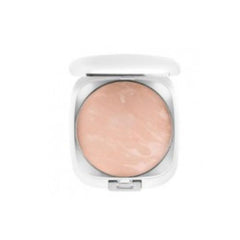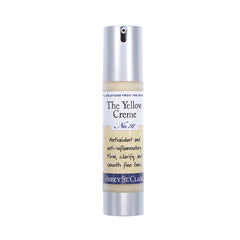Wellness: Can ketchup prevent cancer?
Can ketchup and pizza prevent cancer? No, seriously. All this fussing about unknown plant medicines in the rain forests, and perhaps we have an answer in our own backyards: tomato plants. The key word is lycopene. Lycopene is a plant pigment (carotenoid) responsible for the red color of tomatoes and thus tomato-based products, such as ketchup, pizza sauce, tomato juice, and tomato paste. It is also found in watermelon, papaya, pink grapefruit and pink guava. Its job is to gather light and protect the organism against toxicity. Medical research is finding that lycopene is an antioxidant that may protect humans against a variety of disorders including cancer, particularly prostate, ovarian, pancreatic, and lung cancers, and coronary heart disease. While cautioning that studies on lycopene are continuing, researchers observe that the consistency of the results across numerous studies in diverse populations lend credibility to lycopene as a significant factor in ameliorating certain diseases. In one study involving 47,000 men, there was a 35% reduction in risk of developing prostate cancer among those who consumed more than 10 servings of tomato products weekly, compared with those who consumed fewer than 1.5 servings weekly. Most of these servings (82%) were in the form of tomatoes, tomato sauce, and pizza. It may come as no surprise that Italian men have a lower than average rate of prostate cancer. Emphasis is often placed on the value of fresh foods, but cooked and processed tomatoes make lycopene more readily available to the body, i.e. more lycopene is available in tomato paste than in fresh tomatoes. Also, lipids (fats) increase its absorption, so the combination of tomato sauce and olive oil delivers more absorbable lycopene than tomato sauce without oil. While ketchup is a rich source of lycopene, if you calculate the amount per serving rather than per weight, there are better sources to consider. A cup of tomato juice has 6 times more lycopene than a tablespoon of ketchup, a medium size tomato contains 3 times the amount, a cup of watermelon has twice as much, and pink grapefruit has 1.5 times more. Regardless of the source of lycopene, the research supports increasing fruit and vegetable consumption, especially tomatoes and tomato based products. Any diet that promotes lasagna and pizza has much to recommend it.Leave a comment
Comments will be approved before showing up.
Also in Abbey St Clare Blog

The Wheel is Turning. Abbey St. Clare has Closed.
Hello Friends,
The wheel is turning. Transitions are on the horizon. It is with regret that after almost twenty years, Abbey St. Clare is winding down as retirement and a relocation take place in the near future. We will continue taking orders through September 15.

Fix These 5 Hair-Washing Mistakes For Healthier Hair
Is your hair feeling brittle? Scalp dry? Locks not as lustrous as you want them to be? It’s possible you’re damaging your hair with five hair-washing mistakes.
If you follow these guidelines, you will see significant improvement in your hair and scalp health.

Pamper Your Skin and Elevate Your Mood With Essential Oils
Have you ever caught a whiff of cinnamon and felt a boost in your mood instantly? Do you feel calmer and more at ease when using lavender lotion before bed? If you said yes, it’s not just a figment of your imagination!
Ask anybody who uses essential oils regularly, and they’ll probably agree: these natural botanicals can have powerful, positive effects on your mood and overall wellness.


